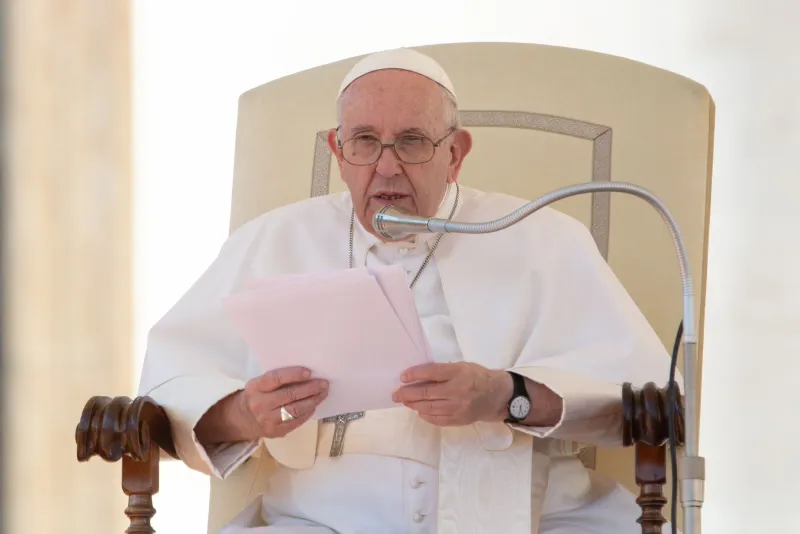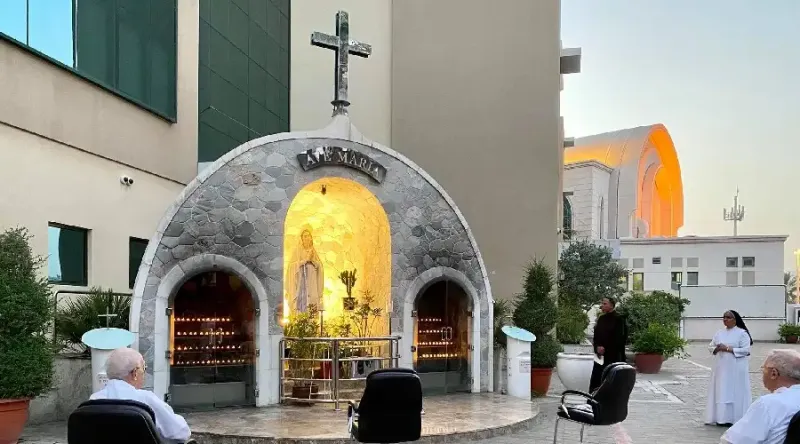Idaho parish mourns deaths of students, prays for families, community
In the days since four University of Idaho students were found brutally slain Nov. 14, the Catholic parish that serves the university and the community of Moscow, Idaho, is mourning with and praying for the victims, their families and friends, and the wider community, said the pastor.
Read More

Recent Comments